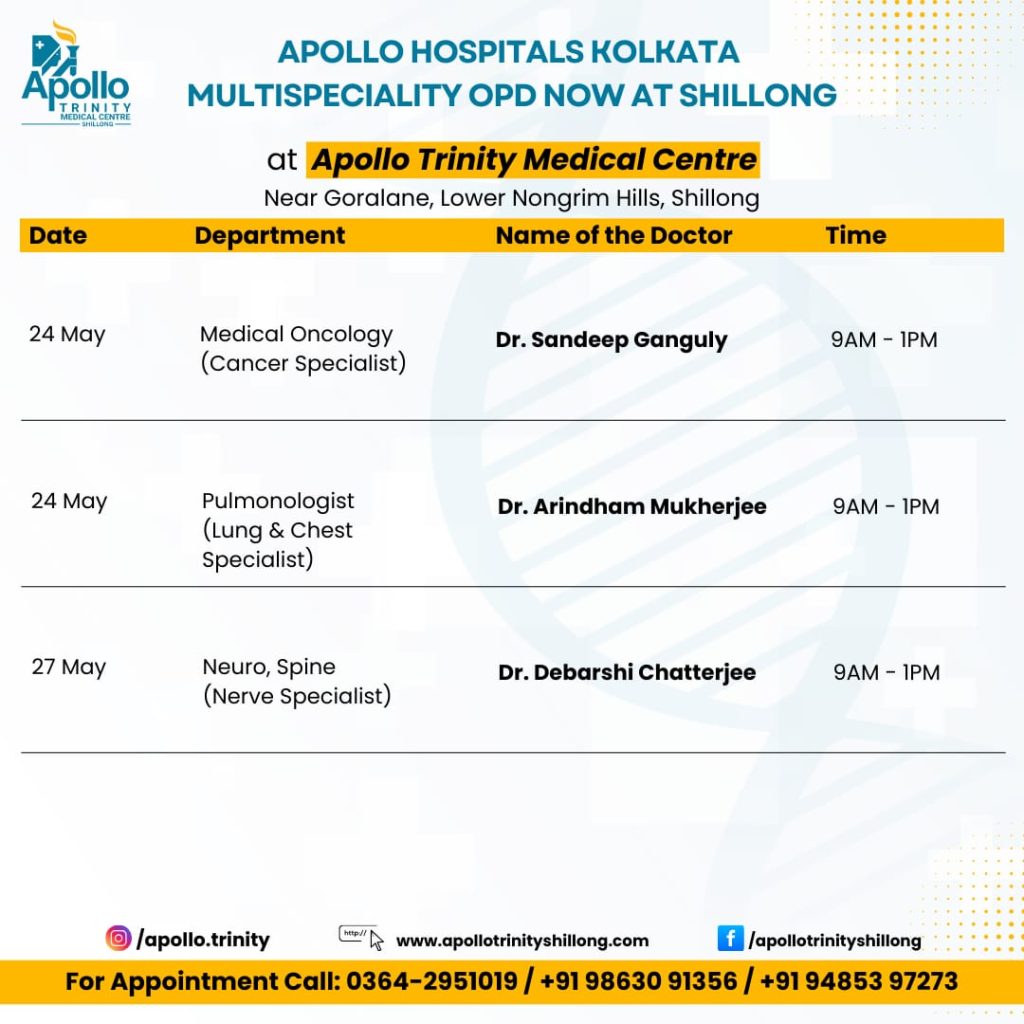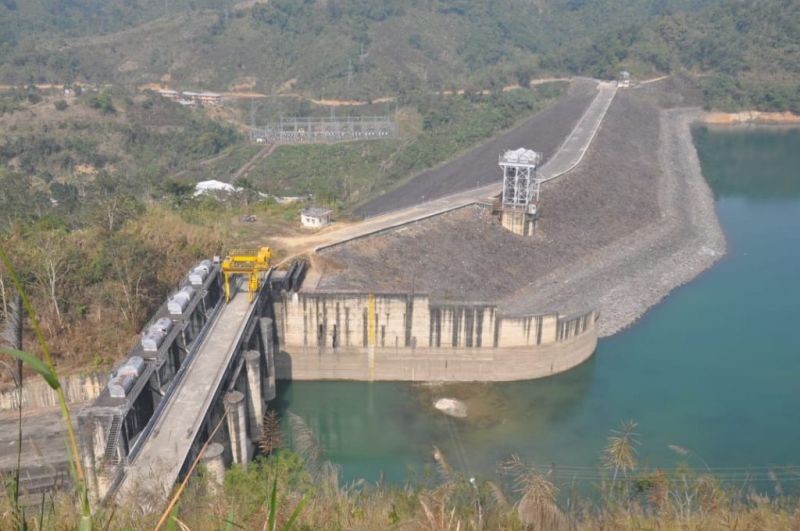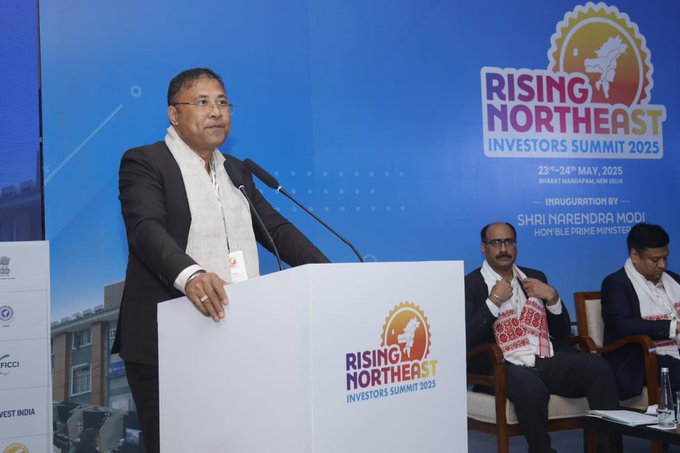
Kohima, May 23: Nagaland Power Minister KG Kenye on Friday commissioned the 2.4 MW Duilumroi Small Hydro Electric Project (SHP) at Poilwa village in Peren district.
The project aims to bolster the state’s energy generation capacity with sustainable resources.
Speaking at the inaugural function, Kenye said Nagaland generates only 26 MW. “Today, we don’t have many big hydro project capacities and prospects, but in this God-given land, we have the best of locations and natural resources which must be tapped,” he added.

“Nagaland is a power-deficient state, with a peak demand of 193 MW. During the lean season, it imports 95 per cent of its power requirements and 90 per cent during monsoon,” he added.
“Our population is increasing and so is the energy demand, but we are unable to meet the requirements of our own citizens of our state,” Kenye said.
The Minister requested engineers and policymakers to continue identifying untapped hydroelectric sites across Nagaland, emphasising the urgent need to expand the state’s generation capacity to meet its growing energy demands.
Located 45 km from Kohima, the Duilumroi project taps the river originating from Japfu Mountain range. With an installed capacity of 2.4 MW, the plant is expected to generate 11.95 million units (MU) of electricity annually at a 60 per cent Plant Load Factor, providing an estimated annual savings of Rs 6.5 crore in power purchase costs for the state.
The project includes nine major components, including a 16-metre diversion weir, 500-metre power channel, 650-metre penstock, and a powerhouse equipped with two 1.2 MW Pelton turbines.

The generated power is synchronised with the grid through a 33/11 kV sub-station and evacuated to the 132/33 kV sub-station in Kohima via Zubza.
Additional Chief Engineer (Civil) Visakho Therie noted that the project is aligned with the government of India’s Renewable Energy Purchase Obligation (RPO) and contributes to the state’s commitment to clean energy.
With a total project cost of Rs 40.29 crore, the unit generation cost stands at Rs 5.51 per unit, he said, while expressing hope that the capital cost recovery will occur within 7 to 8 years of commissioning. (PTI)





